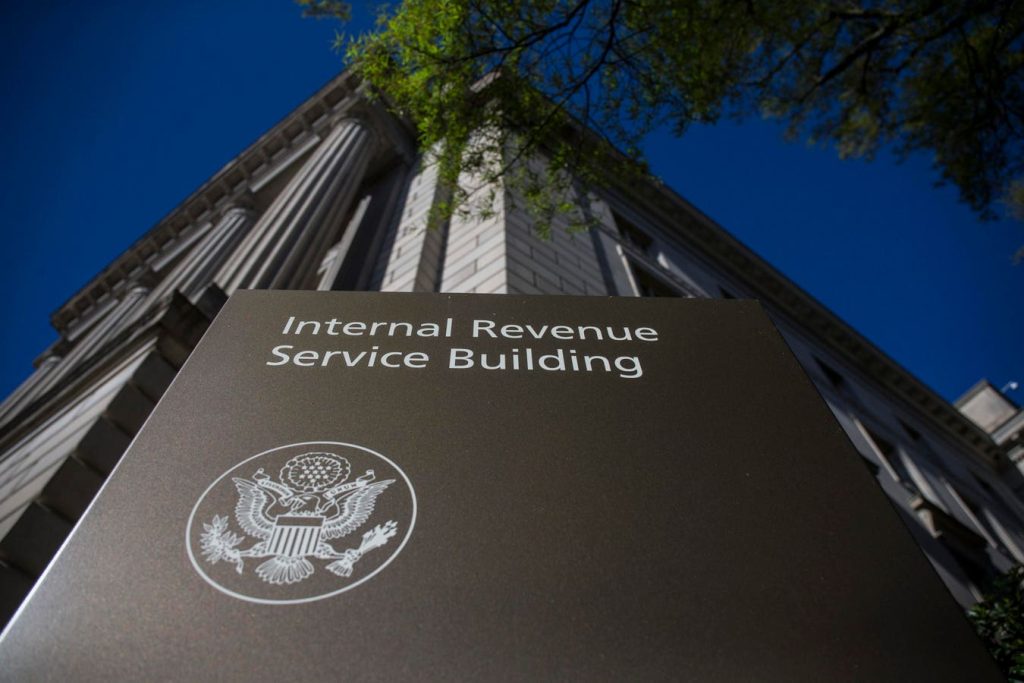The Downfall of "The Magician": A Deep Dive into a $145 Million Tax Fraud Scheme
In the annals of tax fraud history, the case of Rafael Alvarez, aptly nicknamed "The Magician," stands out as a stark example of audacity and deception. Alvarez, the CEO of ATAX New York, a Bronx-based tax preparation firm, recently pleaded guilty to orchestrating a decade-long scheme that defrauded the US government of over $145 million. His "magic," as it turned out, was nothing more than an elaborate illusion woven from fabricated deductions, falsified expenses, and ineligible tax credits. This intricate web of deceit allowed Alvarez to amass an illicit fortune of $12 million while leaving thousands of clients vulnerable to legal repercussions.
From 2010 to 2020, ATAX New York, under Alvarez’s direction, functioned as a high-volume tax preparation mill, processing approximately 90,000 returns. Alvarez’s fraudulent practices were not isolated incidents but rather a systemic operation involving both his own direct manipulation of returns and the instruction of his staff to employ similar deceptive tactics. The breadth of the scheme encompassed a wide array of fraudulent activities, including the fabrication of itemized deductions for medical expenses and charitable donations, the creation of fictitious capital losses, and the claiming of ineligible tax credits such as child and tuition tax credits. This systematic falsification of tax returns allowed Alvarez to minimize clients’ tax liabilities, maximize their refunds, and ultimately generate substantial illegal profits for himself.
Alvarez’s reputation as a miracle worker who could make tax liabilities disappear fueled his fraudulent enterprise. Clients flocked to him, unaware that the "magic" he performed was a carefully constructed illusion designed to enrich himself at their expense and at the expense of the US Treasury. The sheer scale of the fraud highlights the extent of Alvarez’s deception and the vulnerability of a system reliant on trust and self-reporting.
The legal ramifications for Alvarez are severe, reflecting the gravity of his crimes. He pleaded guilty to two federal charges: conspiracy to defraud the US and aiding in the preparation of false tax returns. These charges carry a combined maximum sentence of eight years in prison. As part of his plea agreement, Alvarez has also agreed to pay $145 million in restitution and forfeit over $11 million in ill-gotten gains. This financial penalty underscores the magnitude of the financial damage caused by his fraudulent activities and aims to recover the stolen tax revenue.
Beyond Alvarez’s personal consequences, the case has far-reaching implications for the thousands of clients who unknowingly participated in the scheme. While many may have been unaware of the fraudulent nature of Alvarez’s practices, their association with ATAX now places them at risk of IRS audits, penalties, and potential legal action. This unfortunate circumstance highlights the importance of due diligence and active participation in the tax preparation process. Taxpayers must be vigilant about understanding the information being filed on their behalf and should not hesitate to question anything that seems too good to be true.
The Alvarez case serves as a stark reminder of the vital role of trust and ethical conduct in the tax system. Tax preparers hold a position of immense responsibility, entrusted with sensitive financial information and tasked with ensuring client compliance with tax laws. Alvarez’s abuse of this trust not only defrauded the government of substantial revenue but also jeopardized the financial well-being of his clients. This case underscores the need for robust oversight and regulation of high-volume tax preparers to prevent future instances of large-scale fraud. The IRS and other regulatory agencies must continue to invest in enforcement mechanisms that can effectively identify and dismantle fraudulent schemes before they escalate to the magnitude witnessed in the Alvarez case.
The downfall of Rafael Alvarez serves as a cautionary tale for both tax professionals and taxpayers alike. For tax preparers, it highlights the severe consequences of unethical and fraudulent behavior. The temporary financial gains obtained through such practices are far outweighed by the inevitable legal and reputational damage that follows. For taxpayers, the case emphasizes the importance of vigilance and active participation in the tax preparation process. Clients should choose tax preparers carefully, thoroughly review their returns, and ask questions about anything they don’t understand. Blind trust can have costly consequences.
The US tax system relies heavily on voluntary compliance, placing faith in individuals and professionals to accurately report income and pay their due taxes. Fraudulent activities like those perpetrated by Alvarez undermine this principle and erode public trust in the fairness and integrity of the system. When individuals evade their tax obligations, the burden ultimately falls on honest taxpayers who must shoulder the resulting revenue shortfall. Therefore, preventing and prosecuting tax fraud is essential to maintaining a fair and equitable tax system.
The Alvarez case also exposes vulnerabilities within the tax preparation industry. The high-volume nature of ATAX’s operations, combined with the lack of adequate oversight, created an environment ripe for exploitation. This highlights the need for stricter regulations and more rigorous enforcement efforts, particularly for high-volume tax preparation businesses. Increased scrutiny and oversight can help deter fraudulent activities and protect both the government and taxpayers from unscrupulous practitioners.
Furthermore, the case raises concerns about the potential for similar undetected schemes operating within the tax preparation industry. The fact that Alvarez was able to perpetrate his fraud for a decade suggests that current oversight mechanisms may be insufficient. This calls for a review and strengthening of existing regulations and enforcement practices to ensure that tax preparers are held accountable for their actions and that taxpayers are protected from fraudulent schemes.
In conclusion, the Rafael Alvarez case represents a significant blow to the integrity of the US tax system. It serves as a sobering reminder of the devastating consequences of tax fraud, both for the government and for individual taxpayers. The case underscores the need for increased vigilance, stricter regulations, and more robust enforcement efforts to prevent future instances of large-scale fraud and maintain public trust in the fairness and effectiveness of the tax system. The sentencing of Rafael Alvarez should send a strong message that such egregious violations of the law will not be tolerated and that those who engage in fraudulent tax practices will be held accountable for their actions.










